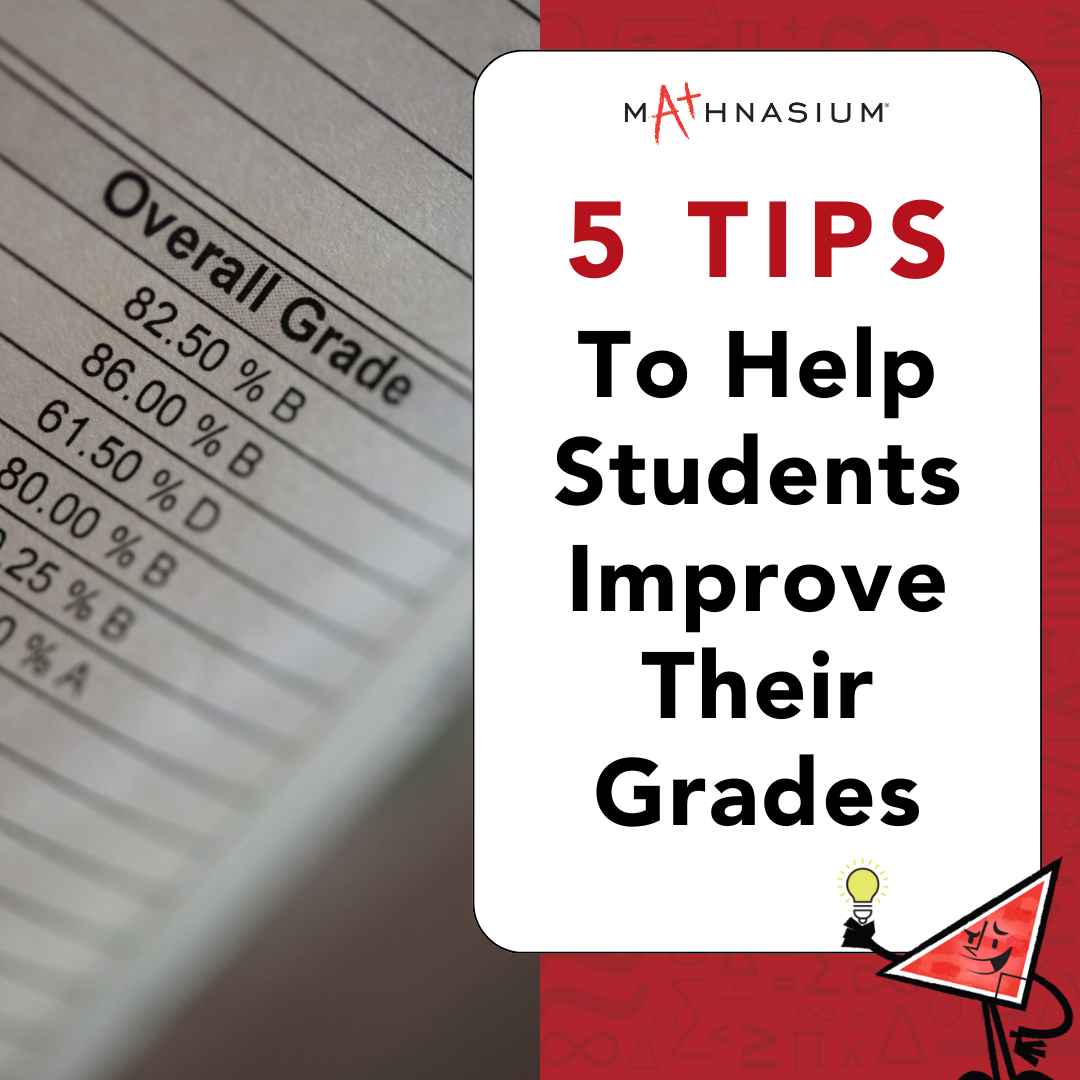Research findings indicate that approximately 64% of parents consider report cards to be a crucial indicator of their child's progress. As students are still struggling to catch up post-pandemic, there is a pressing need to address this issue and explore steps that can be taken to improve performance and ease the anxiety that comes along with receiving lower grades.
Encouraging a positive mindset and resilience can help students navigate challenges and setbacks more effectively, leading to improved academic performance and confidence overall.
Here are five ways to help students improve their grades and avoid report card anxiety in the future.
Set realistic goals
Setting achievable goals involves students and parents working together to define clear targets that align with the student's abilities and ambitions, often far beyond grades. Students can track their progress more effectively and stay motivated by breaking down larger goals into smaller, manageable steps. For example, instead of aiming to improve all subjects simultaneously, they can focus on one subject at a time, setting targets for each grading period.
Implement effective study strategies
Not all students learn or process information in the same way. Experimenting with various study techniques and time management methods is crucial for finding what works best for each student. Additionally, understanding different learning styles and customizing learning experiences can significantly improve their ability to absorb information. Some students may benefit from traditional methods like note-taking and flashcards, while others prefer more interactive approaches such as group discussions or teaching the material to someone else.
Encourage active learning
Active learning promotes deeper engagement and understanding by involving students in interactive activities such as discussions and problem-solving. Students develop a stronger grasp of the subject matter by participating in group activities with their peers. Additionally, immediate feedback in active learning environments helps identify areas for improvement, ultimately contributing to improved grades and academic success.
Seek out external support
External support can come in many forms, such as tutoring services, study groups, or online resources. Seeking additional help outside the classroom can provide students with new perspectives, reinforce concepts, and offer guidance for individual needs. Whether joining a learning centre for assistance or forming a study group to work with peers, external support can complement classroom learning and provide valuable resources for improving grades.
Have discussions with teachers
Open communication between students, parents, and teachers is essential for addressing academic challenges and finding practical solutions. Encouraging students to initiate discussions with their teachers about areas of difficulty, clarification on concepts, or strategies for improvement creates a supportive learning environment. Teachers can provide valuable insights, guidance, and resources to help students overcome obstacles and succeed academically.
By implementing these strategies, parents can support their children in developing confidence across multiple subjects, reigniting their enthusiasm for learning. Acknowledging and tackling challenges encountered in the classroom pave the pathway to academic success, enhancing self-esteem and ultimately leading to improved grades.
Author: John Bianchette, Vice President of Education and Training of Mathnasium – responsible for developing the curriculum of mathematics that is being taught across the globe in over 1,100 learning centres.
Source: https://www.todaysparent.com/family/education/report-card-anxiety-tips-to-improve-student-grades/.
























